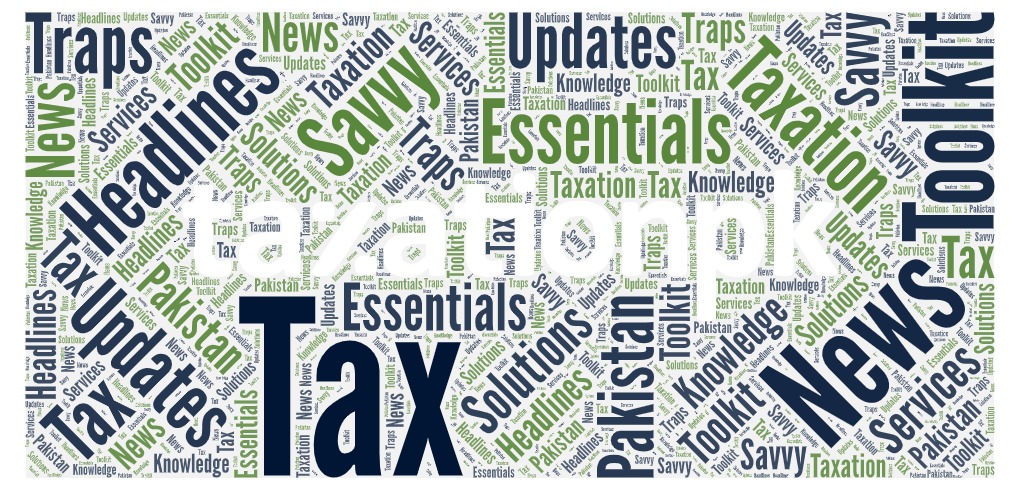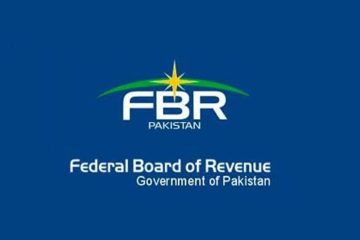The Federal Board of Revenue (FBR) of Pakistan reports encouraging results from its efforts to broaden the tax base. Here’s a summary of the key developments:
- SIM Blocking and Retailer Registration: The government implemented a new policy to encourage tax compliance. This includes blocking mobile SIM cards of non-filers and requiring retailers to register under the Tajir Dost Scheme (TDS).
- Increased Tax Filings: The FBR claims that nearly 50,000 individuals filed their tax returns for 2023 after their mobile SIMs faced potential blocking. This suggests the initiative might be prompting non-filers to comply.
- Process and Results: The FBR shared data on 165,000 CNICs (Computerized National Identity Card) belonging to non-filers with major telecom companies like Telenor, Ufone, and Jazz for potential SIM blocking. After filing their returns and receiving confirmation from the FBR, individuals could have their SIMs reactivated.
- Penalties for Non-Compliance: The Finance Bill 2024 includes penalties for telecom operators who fail to cooperate with FBR’s directives regarding SIM blocking.
- Legal Challenges: While three major telecom companies have begun implementing the SIM blocking measures, Zong, another operator, has challenged the Income Tax General Order No 1 (ITGO-No.1) in the Islamabad High Court.
What This Means:
The FBR’s initiative appears to be yielding results, with a reported increase in tax return submissions. However, legal challenges and the overall effectiveness of the policy require further monitoring.
Important Notes:
- The exact number of SIM cards blocked remains unclear as the FBR lacked data on the number of SIMs issued to the identified non-filers.
- The long-term impact of this policy on tax collection and its compliance with privacy laws needs to be assessed.
Following Developments:
For updates on the FBR’s tax compliance measures, legal challenges, and the overall effectiveness of the SIM blocking initiative, it’s recommended to follow our website and newsletters.







